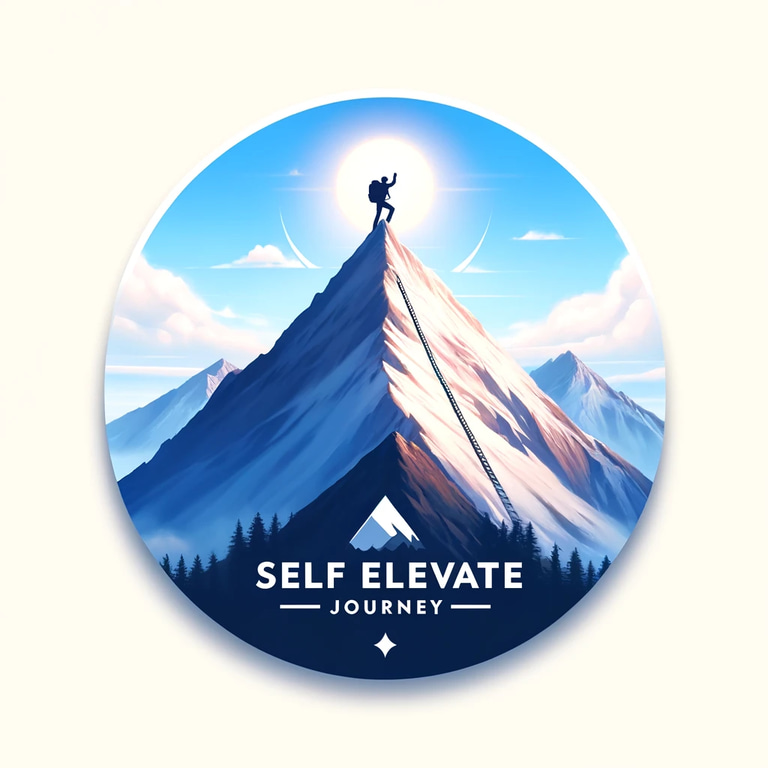S E L F E L E V A T E J O U R N E Y
The Brain: Built for Survival, Not Comfort.
Ancient Instincts in a Modern World: How Our Brain Protects Us
MIND WANDERINGS
9/1/20242 min read
The Brain: Built for Survival, Not Comfort.
The human brain is an extraordinary organ, essential for navigating the challenges of life.
Its primary purpose isn’t to ensure your comfort — it’s to keep you alive.While this survival mechanism has helped humans thrive for millions of years, it often clashes with our modern desire for peace and happiness.
Understanding this paradox can empower us to manage our instincts and lead a more balanced life.
Alert and ready for danger
From the dawn of human history, survival meant facing constant threats: wild animals, harsh weather, and the lack of food.
To protect us, the brain developed ways to keep us alert and ready for danger.
These ancient mechanisms are still active today, shaping our experiences of stress, anxiety, and fear.
The Brain’s Survival Mechanism
The brain is wired to prioritise our safety above all else.
This is why we often experience stress and anxiety in situations that don’t necessarily pose real threats.
When we feel anxious about an upcoming event, it’s our brain’s way of preparing us for potential dangers — whether those dangers are real or imagined.
Fear is the brain’s way of saying that there is something important for you to overcome.
The Fight or Flight Response
One of the most well-known survival mechanisms is the “fight or flight” response.
This instinctive reaction helped our ancestors evade predators and survive in the wild.
However, in today’s world, this response can manifest as chronic stress over work deadlines or social interactions, which can be more harmful than helpful.
Finding Balance in a Modern World
While our brain’s survival focus can seem at odds with our desire for comfort, understanding this can help us manage these instincts better.
When we realise that our discomfort often comes from our brain trying to protect us, we can learn to handle these feelings more calmly.
Some may argue that stress and anxiety are purely negative experiences. However, when managed effectively, these survival instincts can serve as valuable signals that encourage growth.
“The cave you fear to enter holds the treasure you seek.”
“I’m just trying to keep us safe!”
The human brain is an amazing tool for survival, designed to keep us safe in a world full of dangers.
In our search for happiness and comfort, it’s important to recognise when these survival instincts are no longer serving us and to find ways to balance them through conscious effort and self-care.
Next time you feel anxious or stressed, remember that your brain is just trying to keep you safe.
Thanks for reading!
Adrian@SelfElevateJourney
